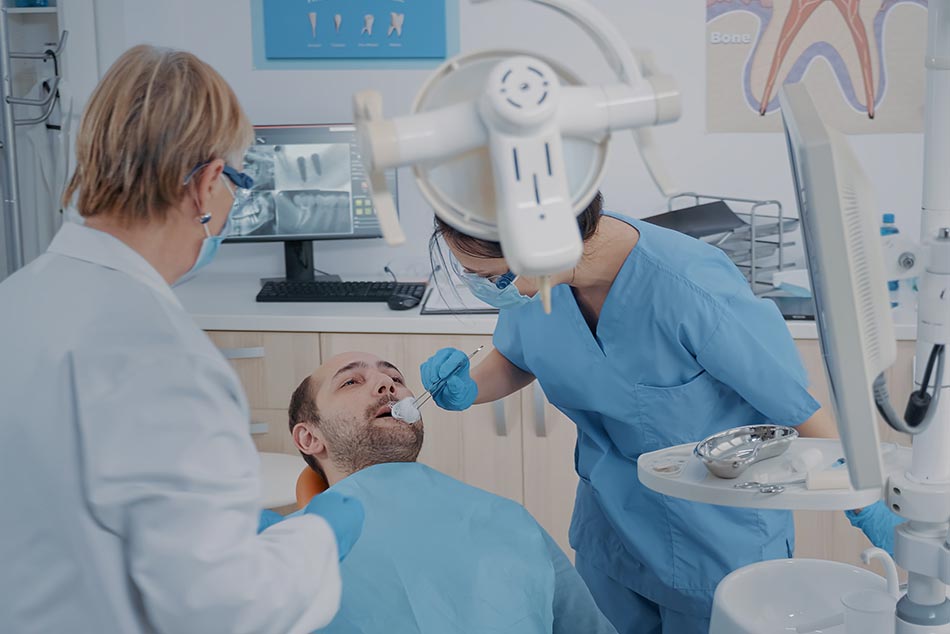The healing process begins immediately after a tooth is extracted, as the body sends blood to nourish the tooth socket. The blood clot soon stabilizes, and acts as a framework for the later growth of new bone and new gum tissue in the area of the extraction. As the normal inflammatory process continues, some soreness and swelling can be expected.
